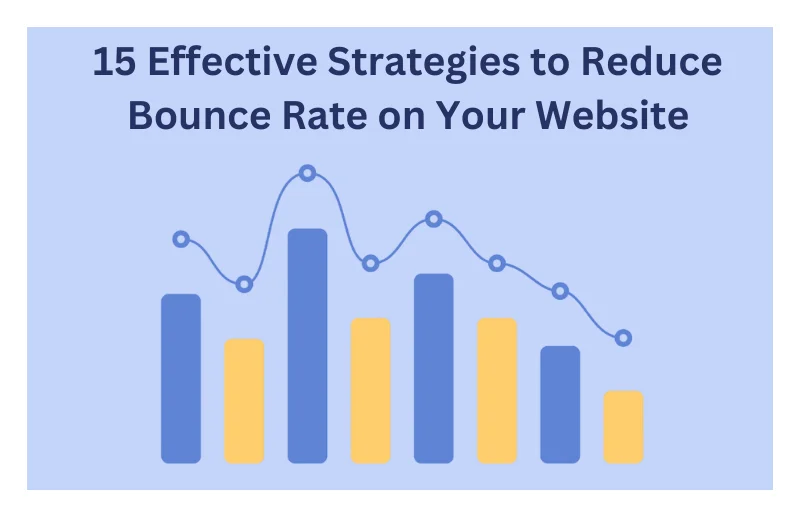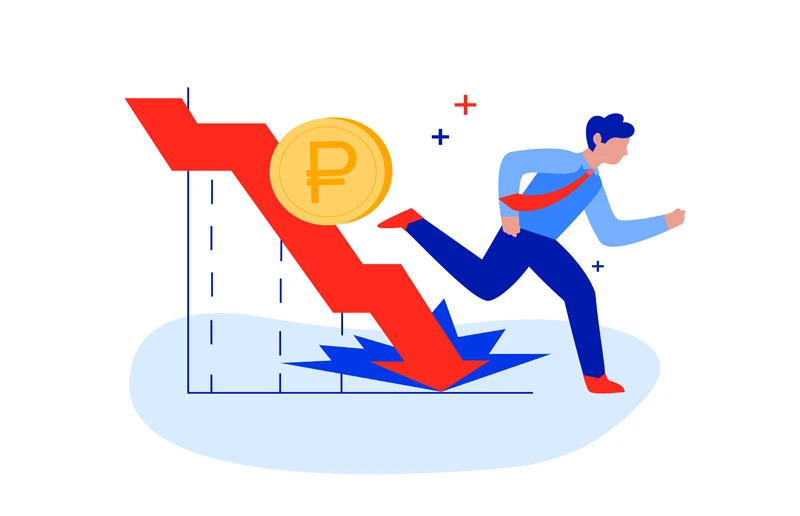Page speed is one of the most important factors in providing a great user experience on the web. It affects the way users interact with websites and is an important part of web design. Slow page speed can have serious consequences on user experience, ranging from longer load times to frustrated customers and potential loss of conversions. In this blog, we will explore how slow page speed can affect web user experience and what you can do to improve it.
The speed at which a website loads can have a huge impact on its user experience. A slow loading page can lead to visitors leaving the site quickly, resulting in lower sales and conversions. It can also make accessing your content more difficult and frustrating for users, leading to a negative user experience overall.
The Psychology Of Page Load Speed
The digital age has taught us to crave instant gratification and, as such, we have become impatient, zombie-eyed consumers, quickly tapping through webpages. Our expectations for fast results extend to our online experiences, with many users forming an opinion of a business based on how quickly its website loads. Diona Kidd, senior internet marketing consultant at Knowmad, warns that users have become disappointed when they don’t get the expected results, turning them off a business if the website is slow or clunky. With over 40% of users sharing their bad experiences, it’s essential to keep your website running smoothly to maintain a good reputation.
In a world that heavily relies on the internet, businesses need to ensure their websites are loading quickly to ensure customer satisfaction. Slow page speeds can lead to a number of issues, including:
1. Poor User Experience: Visitors may become frustrated when a page takes too long to load, leading to a negative user experience overall. For example, slow page speeds can lead to increased page load times, which can cause users to become frustrated and leave the page. Additionally, slow page speeds can make it difficult for users to navigate the page, which can lead to a decrease in user engagement. Finally, slow page speeds can lead to a decrease in search engine rankings, as search engines favor faster page speeds. All of these factors can contribute to a poor user experience and should be addressed to ensure the best possible user experience.

Want to read this blog offline?
No worries, download the PDF version
now and enjoy your reading later…
 Download PDF
Download PDF 2. Higher Bounce Rates: If a page takes too long to load, visitors may simply leave the page. This results in a higher bounce rate and may reduce the chances of visitors continuing to explore the site. Slow page speeds can also cause visitors to become confused about navigation, resulting in them leaving the page without taking any action. Additionally, slow page speeds can lead to poor search engine rankings, which can further reduce the chances of visitors finding and staying on the pag
3. Decreased Conversions: If visitors are leaving a page quickly, there is a lower chance of them making a purchase or taking other desired actions. When a website takes too long to load, users are more likely to abandon the website and look elsewhere for their desired product or service. Additionally, slow page speeds can negatively impact search engine rankings, which can further reduce conversions. Optimizing page speed through better hosting, caching, and compressing can help websites retain more visitors, leading to higher conversion rates.
4. Reduced Search Engine Rankings: Search engines such as Google factor page speed into their ranking algorithm. This means that a slow loading page may result in a lower ranking, resulting in less organic traffic. Search engines such as Google prioritize user experience when ranking websites, meaning that pages with slow loading times are at a disadvantage. Slow loading times can also lead to higher bounce rates, meaning that users are more likely to leave a website before they have a chance to explore it further. This can lead to fewer visits, fewer conversions, and ultimately lower search engine rankings. It is important to optimize page speed to ensure that your website is able to rank highly in search engine results pages.
These issues can have a significant effect on businesses, so understanding how to reduce page speed and improve user experience is essential.
Tips To Resolve The Issue
There are several ways to resolve slow page speed. The most common methods include optimizing images, minifying code, using a Content Delivery Network (CDN), reducing redirects, and enabling browser caching. Additionally, improving server response time, using a faster hosting provider, and optimizing JavaScript and CSS can also help increase page speeds.
One way to reduce page speed is to optimize images. Large images can significantly increase the size of a page, leading to slower loading times. By optimizing images, businesses can reduce their size while still preserving quality.
It is also important to reduce the number of scripts and plugins used on a page. These can also lead to longer loading times, as they require more resources to run.
Finally, look into leveraging content delivery networks (CDNs). CDNs can help to reduce loading times by storing content on servers that are closest to visitors. This helps to reduce the time it takes for content to travel to a visitor’s device, resulting in faster loading times.
Upgrade to Warp Speed: Your E-Commerce Solution Awaits!
Upscale Your Website NowCONCLUSION:
By understanding the effects of slow page speed, businesses can take steps to improve their user experience. By optimizing images, reducing scripts and plugins and leveraging CDNs, businesses can ensure their pages are loading quickly, resulting in a positive user experience overall.
To ensure that visitors have a positive experience on your website, it is important to pay attention to your page speed. Make sure that your website is optimized for both desktop and mobile devices, and ensure that your website loads quickly. Additionally, make sure that your website is easy to navigate and use. By doing so, you can ensure that visitors have a positive experience on your website, leading to better engagement and conversion rates.
February 15, 2023
Leave a Comment
















































